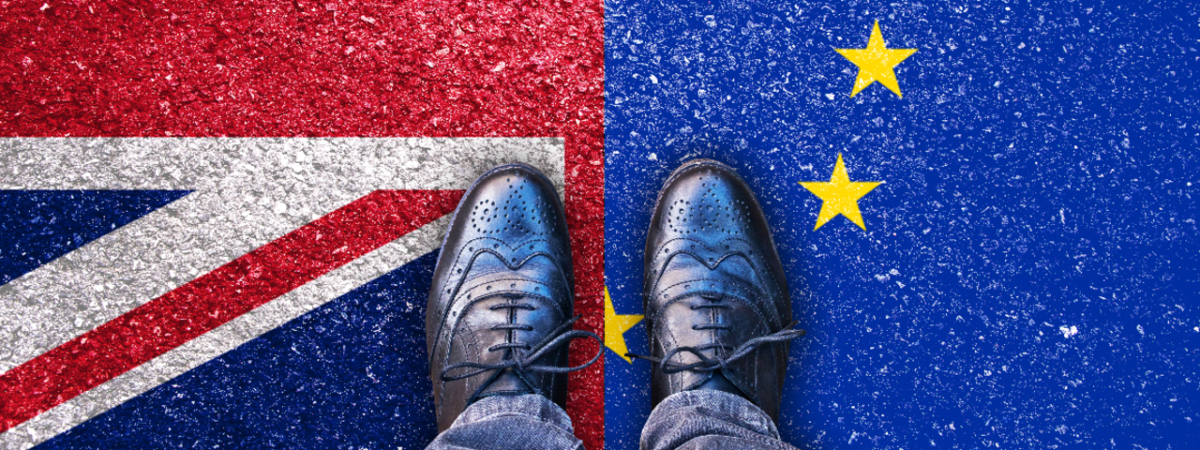UK will pay almost £25 billion in ‘sin taxes’ next year
SUGGESTED

IEA's SMPC votes decisively for Bank Rate raise

IEA releases report on trade policy post-Brexit

New IEA report first of its kind to measure net effect of smoking on the taxpayer in the UK
The findings of the latest instalment in a three part series of reports from the Institute of Economic Affairs, debunks the spurious claims of public health campaigners that any or all of these lifestyle choices are draining public services.
It may be easy to point the finger of blame at smokers, drinkers and the obese for rising NHS costs, but this no longer stands up to scrutiny given the findings of this report and the levels of taxation now levied on ‘sin’. And by scapegoating these people, campaigners and policymakers risk ignoring the real problem that our healthcare system faces: an ageing population.
The latest report ‘Smoking and the Public Purse’ is the first of its kind to measure the net effect of smoking on the taxpayer in the UK, including savings and focusing purely on external costs.
Costs and savings from smoking
- The government spends £3.6 billion treating smoking-related diseases on the NHS and up to £1 billion collecting cigarette butts and extinguishing smoking-related house fires.
- The government saves £9.8 billion annually in pension, healthcare and other benefit payments due to premature mortality.
- The government brings in £9.5 billion annually in duty paid on tobacco.
This means that smoking produces a net saving to the government of £14.7 billion a year, at current rates of consumption.
Costs and savings from drinking
- The gross cost to public services, including healthcare for drinking related diseases and expenditure on public order, is £4.6 billion.
- The government brings in £10.7 billion annually in duty paid on alcohol.
- Net benefit: £6.1 billion
Only obesity incurs a net cost to the taxpayer of £2.5 billion a year. Once the sugar levy is introduced this will decrease to £2 billion.
Commenting on the report, author Christopher Snowdon, Head of Lifestyle Economics at the Institute of Economic Affairs, said:
“We are constantly being told that people who choose to drink, smoke or eat too much are a burden on the UK taxpayer. This is one reason why we have seen such aggressive hikes in taxes on alcohol, smoking and very soon, a tax on sugar. But the justification for these taxes is based on an illusion.
Smokers, drinkers and those who are obese actually provide a net benefit to the public finances, so vilifying them is futile in the quest to make savings for the NHS.
“A careful consideration of the evidence shows that the popular belief that costs will fall if people live healthier and for longer is false. While it’s good that we now have longer life expectancies, policymakers must now address how we tackle the financial consequences of the ageing population rather than pointing the finger elsewhere.”
Notes to editors:
For media enquiries please contact Nerissa Chesterfield, Communications Officer: nchesterfield@iea.org.uk or 020 7799 8920 or 07791 390268
To download a copy of ‘Smoking and the Public Purse’ please click here.
In September 2015 the IEA published ‘Alcohol and the Public Purse: Do drinkers pay their way?’. To download a copy please click here.
In January 2017 the IEA published ‘Obesity and the Public Purse’. To download a copy please click here.
Further IEA Reading: Aggressively Regressive: The ‘sin taxes’ that make the poor poorer
The mission of the Institute of Economic Affairs is to improve understanding of the fundamental institutions of a free society by analysing and expounding the role of markets in solving economic and social problems and seeks to provide analysis in order to improve the public understanding of economics.
The IEA is a registered educational charity and independent of all political parties.



